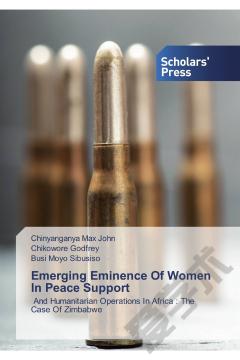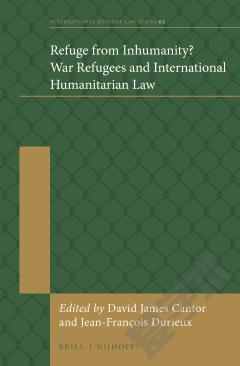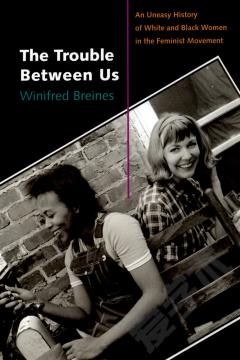The Concerned Women of Buduburam —— Refugee Activists and Humanitarian Dilemmas
----- 有关布杜布拉姆妇女:难民活动家和人道主义困境
In The Concerned Women of Buduburam, Elizabeth Holzer offers an unprecedented firsthand account of the rise and fall of social protests in a long-standing refugee camp. The UN High Commissioner for Refugees (UNHCR) and the host government of Ghana established the Buduburam Refugee Camp in 1990 to provide sanctuary for refugees from the Liberian civil war (1989–2003). Long hailed as a model of effectiveness, Buduburam offered a best-case scenario for how to handle a refugee crisis. But what happens when refugees and humanitarian actors disagree over humanitarian aid? In Buduburam, refugee protesters were met with Ghanaian riot police. Holzer uses the clash to delve into the complex and often hidden world of humanitarian politics and refugee activism.Drawing on fifteen months of ethnographic fieldwork in Ghana and subsequent interviews with participants now returned to Liberia, Holzer exposes a distinctive form of rule that accompanies humanitarian intervention: compassionate authoritarianism. Humanitarians strive to relieve the suffering of refugees, but refugees have little or no access to grievance procedures, and humanitarian authorities face little or no accountability for political failures. By casting humanitarians and refugees as co-creators of a shared sociopolitical world, Holzer throws into sharp relief the contradictory elements of humanitarian crisis and of transnational interventions in poor countries more broadly.
{{comment.content}}








 京公网安备 11010802027623号
京公网安备 11010802027623号